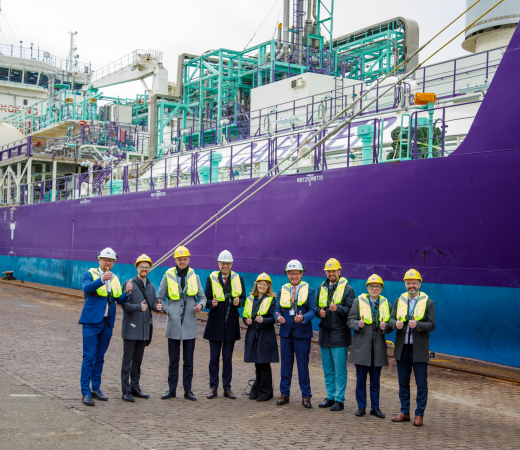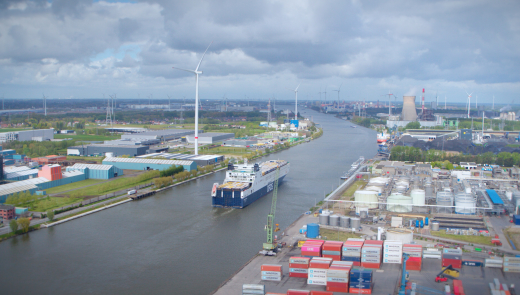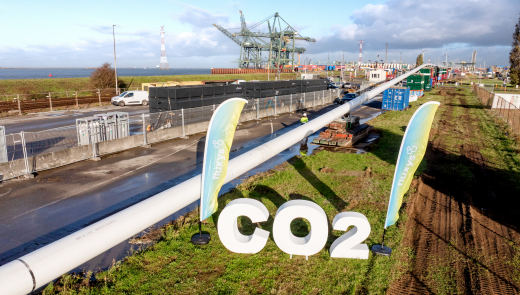A world first with Yara: CO₂ capture and transport as a crucial link in Northern Lights

An important step in the energy transition is being taken in the North Sea Port area. Yara Sluiskil, a fertilizer producer, is working on an innovative Carbon Capture & Storage (CCS) project that captures CO₂, compresses it, and prepares it in liquid form for transport and storage under the Norwegian seabed.
During our recent task force on CCUS, we were fortunate to have a speaker from Yara explain this groundbreaking news to our members for the first time.
Permanently stored under the seabed
The destination of the CO₂ captured by Yara is the Northern Lights project, located off the coast of Øygarden in Norway. Here, CO₂ is stored in empty gas fields, at a depth of approximately 2,600 meters below the seabed in the North Sea. Each year, approximately 800,000 tons of CO₂ will be transported by ship from Sluiskil to Norway.
Northern Lights: first large-scale CCS project capable of capturing and storing CO₂ from industrial companies across Europe
The project is a collaboration between TotalEnergies, Equinor, and Shell, and has been operational since September 2024. In its first phase, Northern Lights offers a storage capacity of 1.5 million tons of CO₂ per year.
This morning, TotalEnergies, Equinor, and Shell announced the final investment decision for the second phase of Northern Lights. This means that transport and storage capacity will be significantly scaled up to 5 million tons of CO₂ per year starting in 2028!
Northern Lights is a unique example of how cross-border cooperation can contribute to achieving climate goals.

